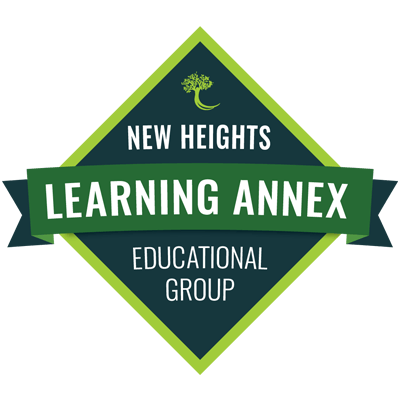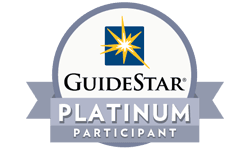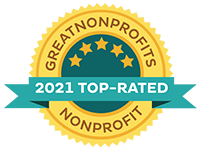Student Advisory Group (SAG) Overview
New Heights helps students plan and save for their future by writing grants on their behalf. In return, students participate in advisory group meetings and raise funds for themselves and New Heights. Student Advisory Group students are a minimum age of seven and/or have GPAs under 3.0.
What is the Student Advisory Group?
The Student Advisory Group (SAG) promotes youth leadership, service-learning and critical thinking among students of all ages. Student advisors offer programming suggestions, delegate responsibilities to other students and bring a valuable perspective to New Heights’ work. All opinions are important, and all points of view will be respected.
SAG FAQ
How often do you meet?
It is recommended that you meet at least once every other month.
What about a service project?
It is suggested that every student finds a mentor in their choice profession area and works with them for at least six months. A letter from the mentor will be needed that shows time spent and what the experience entailed.
What are the testing requirements?
No standardized tests are required.
Additional Information
- Meetings can be held in person or online.
- Each member will be given his/her own email address and online meeting information.
- Group will create meeting agendas that allow for discussion, brainstorming and socialization.
- Group can choose officers or rotate tasks.
- Members can call meetings as needed.
- Group cannot issue directives.
- Parents may send in a letter telling about their student/child’s history, but it doesn’t count towards the three other professional references required.
- Submit a letter giving permission to participate (from parents/guardians).
Member Responsibilities
- Assist with public relations and fundraising.
- Attend online/in-person meetings (cannot miss more than two per year).
- Work as a team to accomplish goals.
- Make recommendations and/or provide key information to board members.
- Plan and successfully execute group programs/activities.
- Actively listen and offer the director positive and constructive feedback.
- Report questions/concerns to director or board members.
Benefits
- Student leadership development
- Opportunities to give back to the community and improve education
- Exposure to various ideas and perspectives
- Networking
Want To Join?








